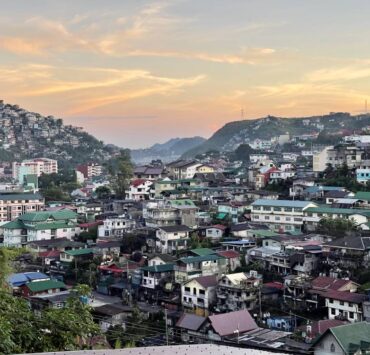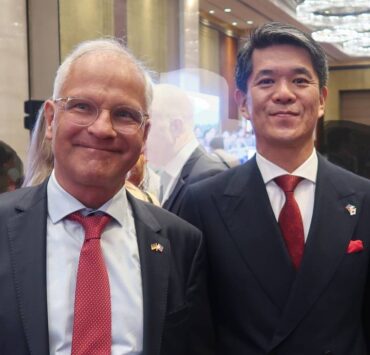How this Batangas beach town is mitigating the impact of tourism
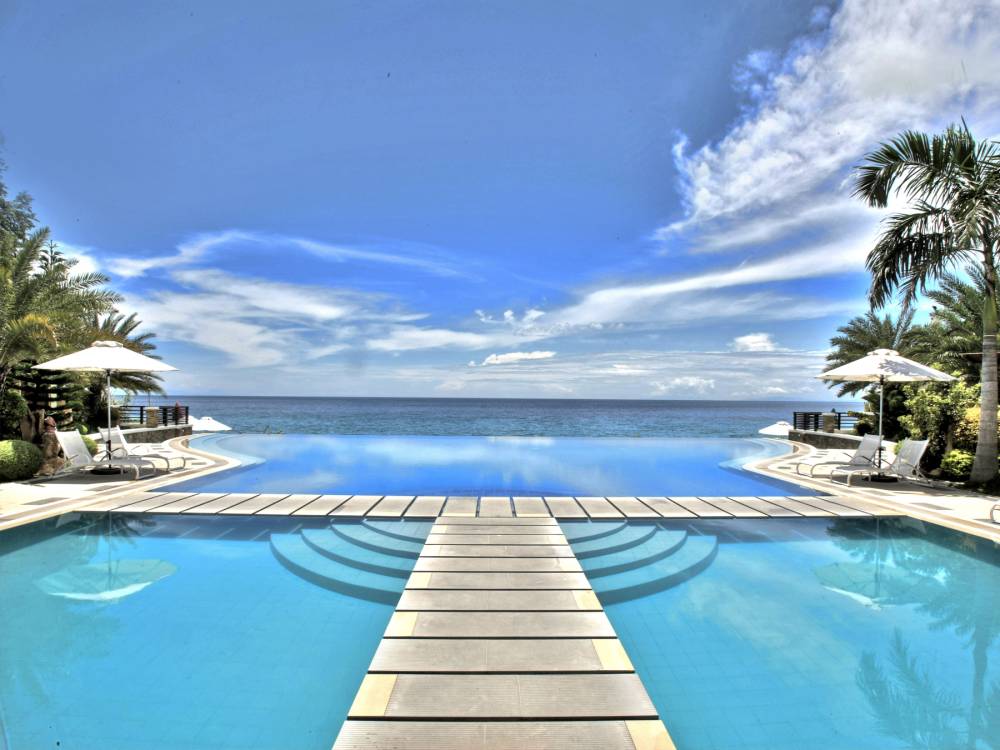
Batangas’ renowned coastal destinations, Laiya and neighboring barangays in San Juan, have experienced a surge in tourism this year. From January to August, some 2 million visitors flocked to these pristine beaches, a threefold increase compared to the 700,000 who visited in 2019.
Laiya’s ivory beach stretches for a remarkable 20 kilometers. On the opposite side, visitors can discover the unique allure of black sand beaches. High-end resorts are strategically located inland, offering a serene retreat for tourists.
While the influx of visitors has brought economic benefits, it has also highlighted the pressing need for sustainable tourism practices. The beaches have faced challenges such as cigarette butts and plastic waste. To address these environmental concerns, hotels and resorts have intensified their efforts to mitigate tourism’s impact.
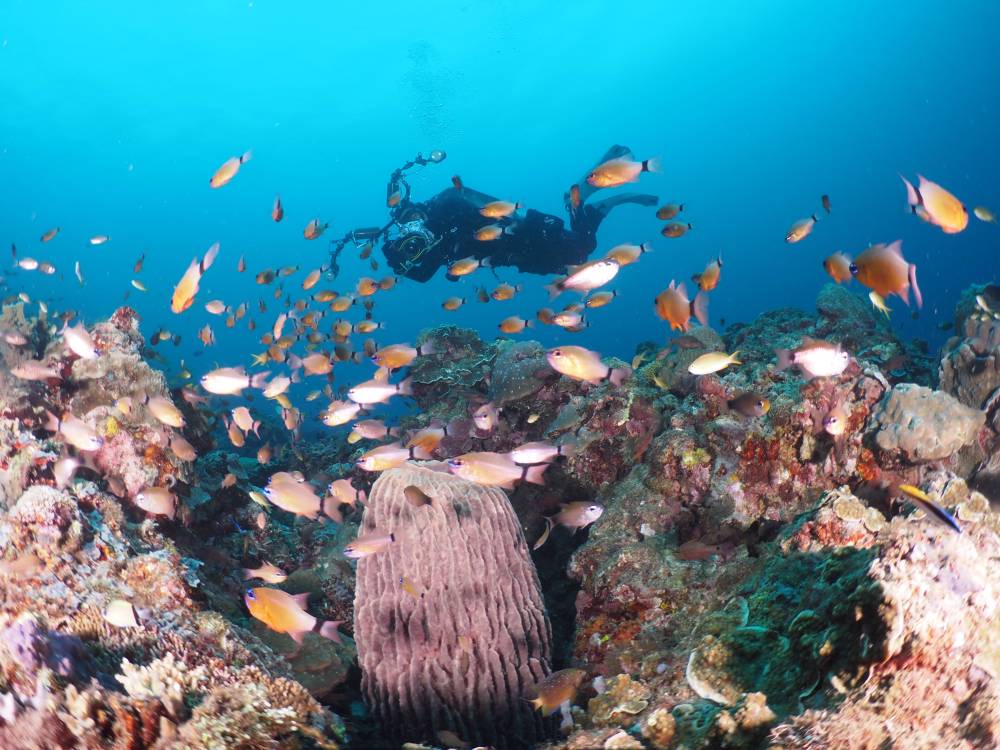
Beyond beach cleanups and conservation, the local travel industry recognizes the importance of nurturing the communities and developing sustainable tourism products. San Juan, in particular, has a long-standing commitment to environmental protection. The book “Barako ‘77” chronicles the locals’ defiance of a copper smelter project during martial law, showcasing their activism in preserving their natural heritage.
Simonette Gusi, president of both the San Juan Resorts Owners Association (SJROA) and the Association of Laiya Resort Owners, emphasized the industry’s close collaboration with the municipal and environmental offices. All member resorts are required to adhere to the associations’ guidelines for maintaining clean beachfronts.
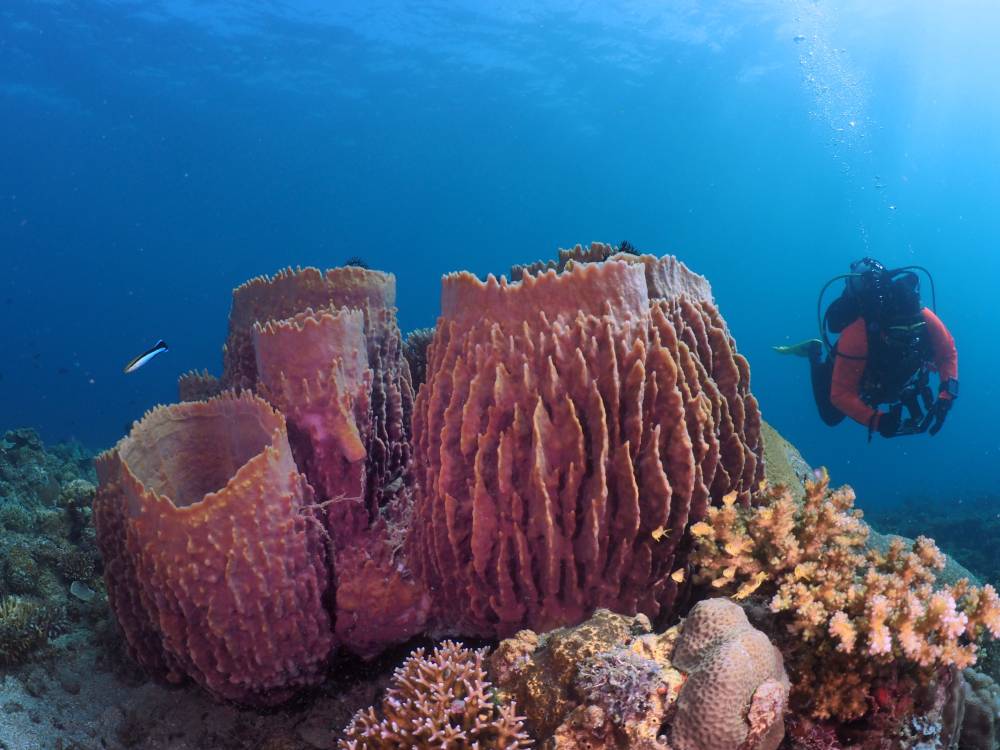
Resorts such as Acuaverde and Acuatico, owned by the Gusis, have implemented strict measures to prohibit smoking on the beach. Aside from regular beach maintenance, the residential community of Playa Laiya has contributed significantly by providing a truck and collectors to enhance garbage collection efforts. The hoteliers work closely with the local government to address these environmental challenges.
To further protect the ecosystem and reduce erosion, hoteliers and municipal officials have initiated mangrove planting projects along the resorts closest to the river. These efforts not only contribute to environmental conservation but also safeguard the resorts from the impact of storms.
Expand tourism offerings
SJROA has identified promising tourism destinations within the area. One such attraction is a mountain in Barangay Sampiro, which offers potential for trekking activities. Along with tree-planting initiatives, the group has educated locals about the potential benefits of trekking tourism and explored potential livelihood opportunities, such as selling sweetened bananas and cold beverages.
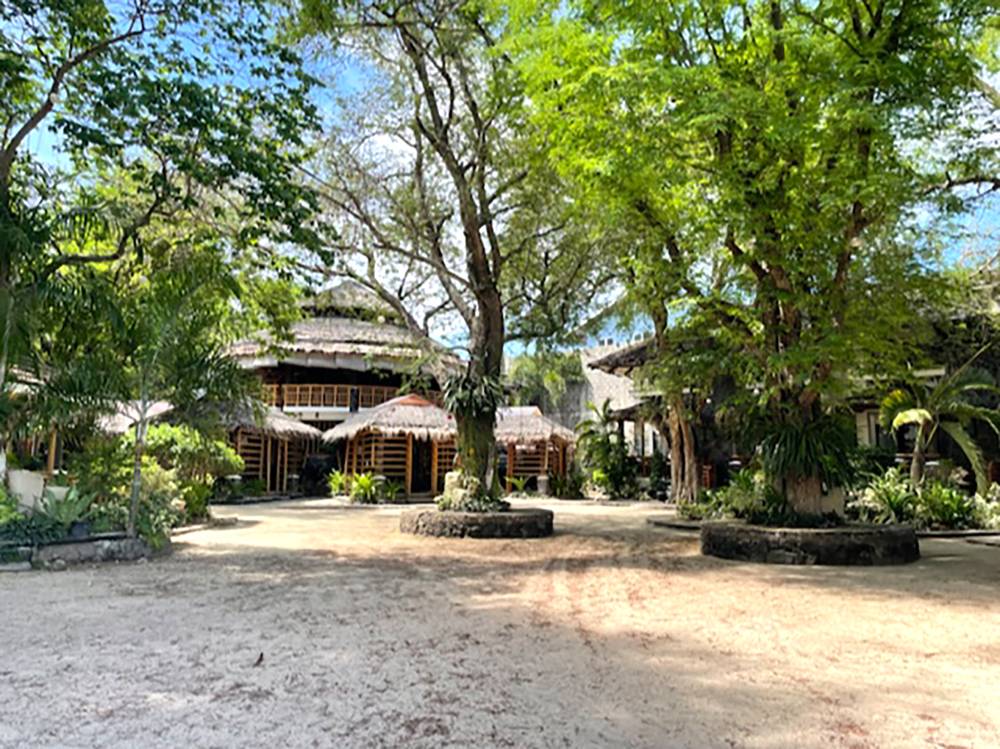
To further enhance San Juan’s tourism appeal, SJROA and the Batangas Scuba Academy have identified 10 dive sites, each with unique features to cater to divers of all levels. La Luz Resort currently offers scuba diving services led by experienced dive masters.
The municipal environment office and scuba divers have had significant sightings, including the majestic whale shark, a clear indicator of San Juan’s healthy ecosystem. The presence of these gentle giants highlights the community’s successful efforts in preserving marine life.
As infrastructure development continues in San Juan, there are plans to revive triathlon events next year, further boosting the region’s tourism offerings.
Gusi, a veteran hotelier and San Juan native, and her husband Noli established Acuatico, a family-friendly resort renowned for its infinity pool, and Acuaverde, known for its picturesque tamarind trees. Gusi’s contributions to employee development have been recognized with the Asean Business Award for Skills Development, Mid-tier Category. Her commitment to fostering knowledge, skills, welfare, and productivity among her employees has significantly impacted Acuatico’s success.
Exceptional service
Her daughter, Patricia, general manager for both resorts, points out that while Acuatico is renowned for its infinity pool, it is the exceptional service that keeps guests returning.
The Gusi-owned resorts have likewise demonstrated a strong commitment to sustainability. Instead of discarding food leftovers, they are repurposed for feeding pigs or creating compost fertilizer for their farm. Their produce, including eggplant, papaya, and corn, is incorporated into meals for resort employees. Even fallen trees from typhoons are utilized for Acuaverde’s nightly bonfires. Plastic bottles are collected and donated to recycling organizations.

Acuatico and other resorts actively participate in quarterly coastal cleanups, fostering a sense of community and environmental responsibility.
“One of the most positive aspects of San Juan is the strong sense of unity among the resorts,” Patricia notes. “We collaborate on various initiatives, share ideas, and work closely with the municipal tourism office, particularly the environmental office. Together, we’ve participated in hiking events for a cause and hold regular meetings to discuss tourism-related matters.”
Community engagement
Gusi highlights the significant role resorts play in providing employment opportunities for local students. Approximately 196 hospitality students from local schools have completed internships at various resorts in the area and were subsequently hired upon graduation.
“I hope their families appreciate that their children can find fulfilling careers right here in their hometown,” she says.
Since 2019, Acuatico has partnered with Laiya National High School to provide students in Grades 11 and 12 with training in food and beverage services and housekeeping.
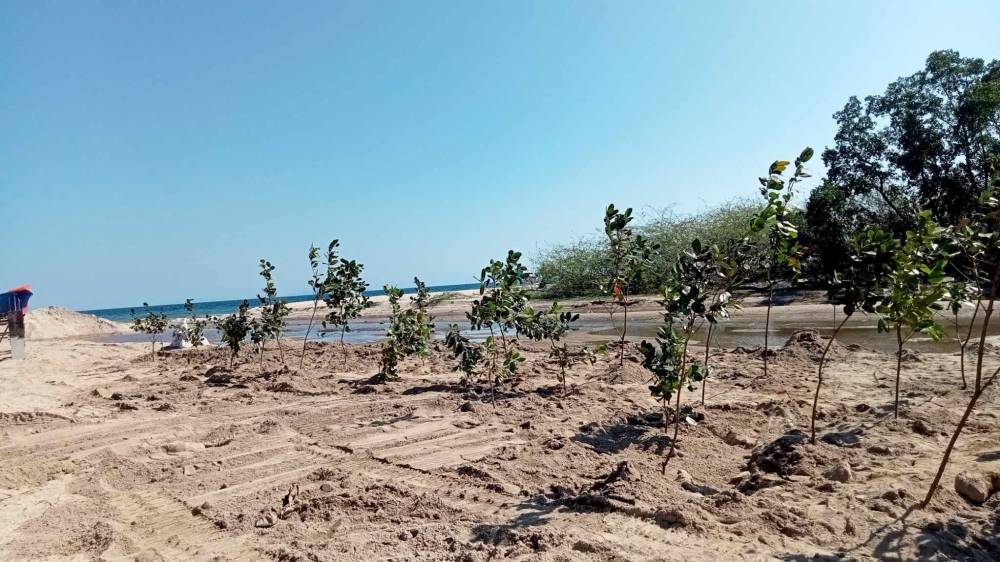
While Laiya traditionally maintains a peaceful atmosphere, recent trends have seen some resorts introducing bars and nightlife options. Acuatico’s Azul bar offers a relaxed ambiance where locals and guests can enjoy live folk music.
During peak seasons, from March to June and during the Christmas and New Year holidays, resorts in Laiya experience high occupancy rates. Even during lean months, the industry remains busy with bookings for family reunions, corporate events, and team-building activities.
To foster employee engagement and community spirit, the lodging industry organizes various programs, including the Lambayok festival in December, featuring lambanog (coconut wine) and palayok (earthenware pots), and a fluvial parade in May during the fiesta of St. John of Nepomucene.
“Our ultimate goal is to ensure that resorts coexist harmoniously with the community and that our employees are predominantly local,” says Gusi.














